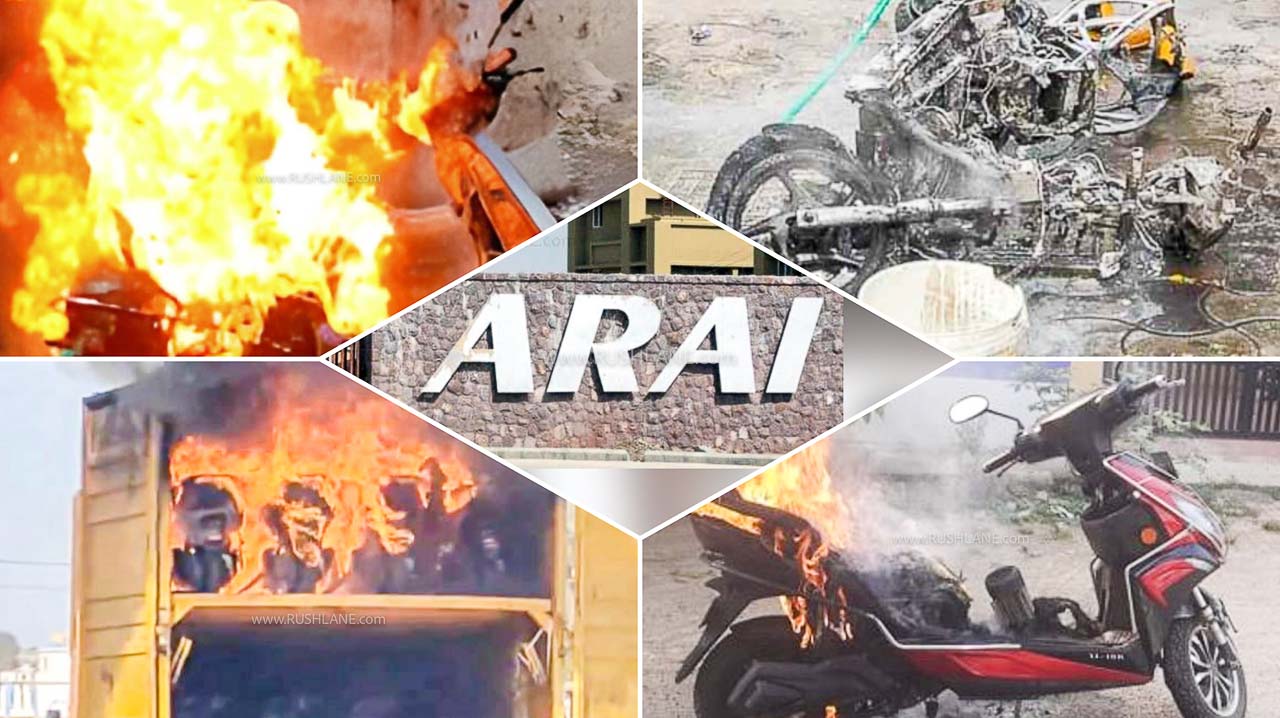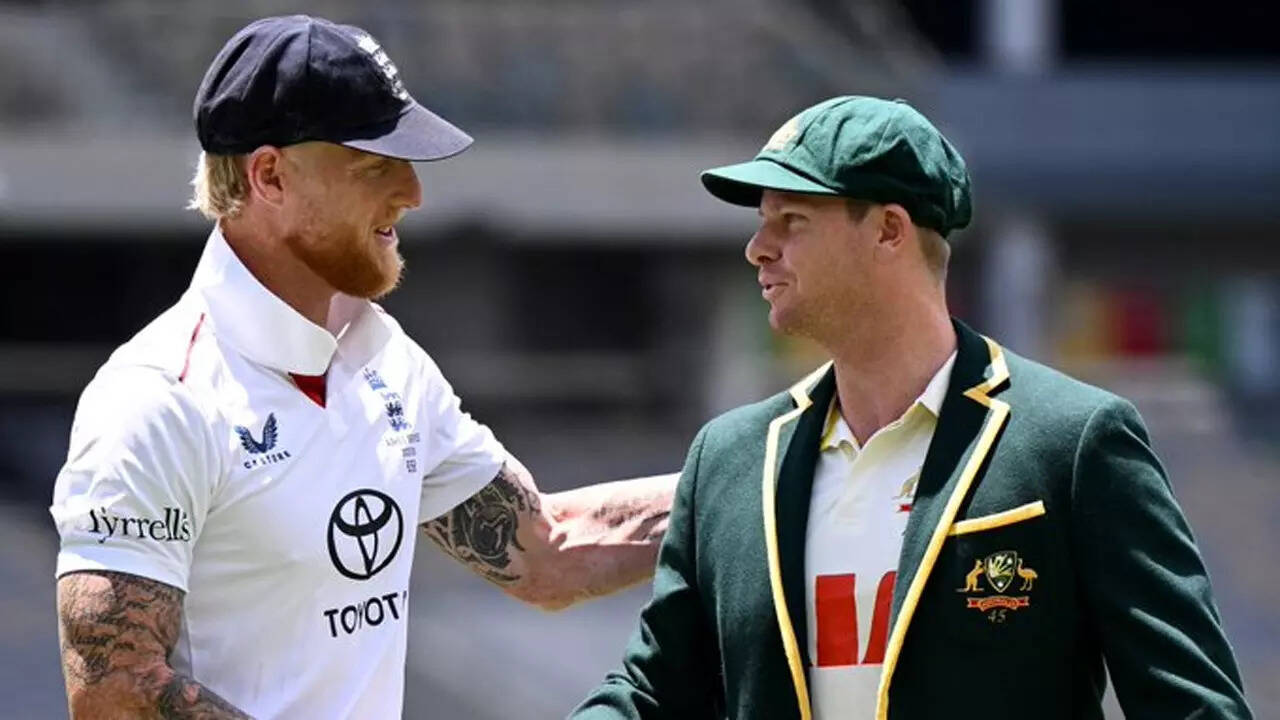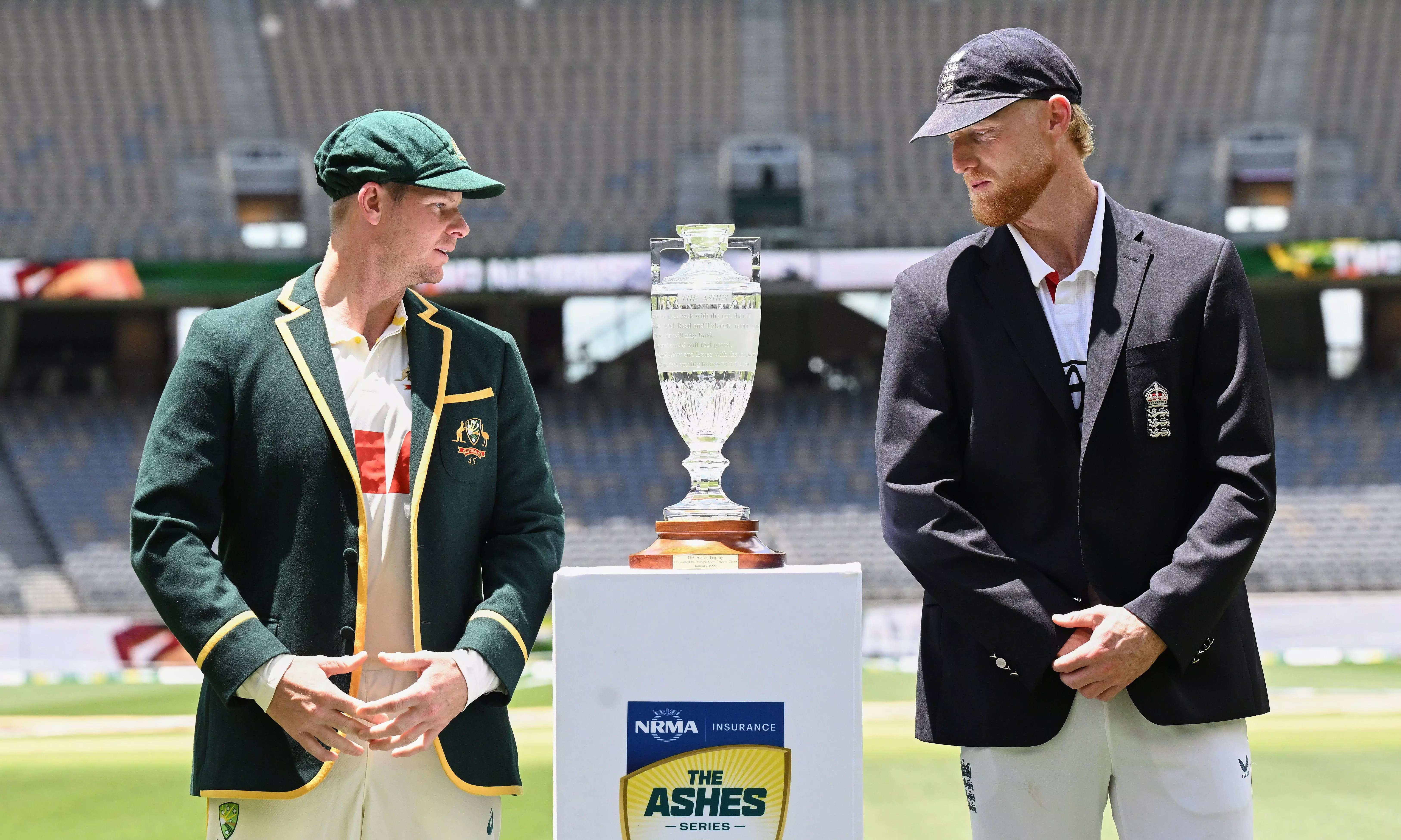

Recent developments where ARAI crash tested electric 2W in India, are followed by multiple electric scooter fire incidents in the past
In a rather interesting turn of events, ARAI has conducted as many as three crash tests on electric two-wheelers. Said crash testing was done at ARAI’s testing facility in Pune, Maharashtra. This is particularly interesting because there are no mandated crash tests for two-wheelers in any part of this world.
ARAI Crash Tested Electric 2W In India
As of writing this article, there have seldom been crash tests conducted on two-wheelers, irrespective of whether they are powered by an IC engine or an electric powertrain. It is self-explanatory as to why there aren’t any regulated crash tests for two-wheelers. But looking at recent developments at ARAI, should there be?


As per a new report, ARAI conducted these crash tests for specific OEMs. However, ARAI declined to disclose identities of these electric 2W manufacturers who requested these tests under RTI Act. Testing against standard industry benchmarks, ARAI used accelerometers and high-speed cameras to record these tests.
ARAI conducted these crash tests on electric two-wheelers using a standard rigid barrier along with a side pole impact test. These developments at ARAI, mark a significant step towards vehicular safety and could be a hint of establishing safety standards for electric 2W segment in India.
Crash testing for electric 2W vehicles might be mandated in the future in an attempt to maintain a safer environment for both owners and other road users alike. These developments come at a time when the Indian electric 2W market has witnessed innumerous fire incidents, raising serious concerns.
Indian Government responded to these fire hazards with battery safety norms to potentially put a full stop to OEMs using cheap and low-quality batteries in electric two-wheelers. There are multiple instances where many companies gravitate towards generic and brandless import kits to quickly formulate an electric 2W vehicle.
Should they be mandated?
These operations often have no disregard for the safety of their customers and everyone and everything around them. While this strategy strikes quick profits, it is unethical and poses serious threats and implications on the road.
If Indian Government mandates crash tests for electric 2W vehicles, it may potentially achieve a more streamlined process for faster adoption of electric mobility. As it stands, EV penetration in India is at 5% and there is huge potential as India is the world’s largest motorcycle and scooter market.
Industry experts speculate electric 2W segment could grow close to 45% by 2030. Currently, this segment is led by Ola Electric with its popular S1 range of e-scooters. Other notable names in electric mobility are Ather Energy, TVS Motor, Chetak Technology, Hero Electric, Hero MotoCorp, Ampere, Greaves, Okinawa and others.






